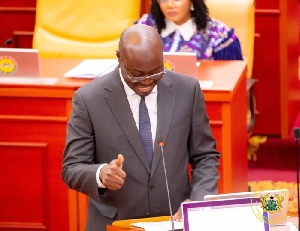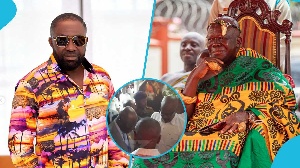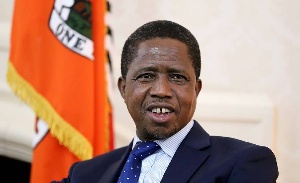- Home - News
- Elections 2024
- News Archive
- Crime & Punishment
- Politics
- Regional
- Editorial
- Health
- Ghanaians Abroad
- Tabloid
- Africa
- Religion
- Photo Archives
- Press Release
Politics of Wednesday, 4 June 2025
Source: www.ghanawebbers.com
Opinion: Unlike E-levy, this fuel tax comes with clarity
Not all taxes are the same. Ghanaians have every right to question them. The introduction of the E-Levy by Hɛn Pɛɛ Pɛɛ caused anger and confusion.
People rejected it for several reasons. It taxed mobile money and bank transfers. The government failed to explain it properly or engage the public. After collecting the money, they couldn’t show where it went.
The E-Levy felt unfair to many. It taxed ordinary people on small daily transactions. This discouraged mobile money use. Many asked, “What did we really get from it?” There were no visible improvements or detailed reports, and revenue targets were missed.
Now, the NDC has introduced the Energy Sector Levy Amendment Bill. This bill proposes a tax on petroleum products. However, its purpose is clear: Ghana owes $3.1 billion in energy debts.
These debts are unpaid bills to power producers and fuel suppliers. If not paid, Ghana risks severe power shortages again.
Finance Minister Dr. Cassiel Ato Forson approached this differently. He presented the bill openly in Parliament. He explained what the levy is for and highlighted the energy crisis's seriousness.
This honesty builds trust with citizens. It shows that this issue isn’t about politics; it's about saving Ghana’s energy system.
The Minister also assured everyone that fuel prices won’t rise immediately due to a strong cedi.
This new levy differs significantly from the E-Levy. The NDC has been transparent about its reasons and solutions. They’re allowing Ghanaians to understand and support this process.
Sometimes solving big national problems requires everyone to contribute a little bit—when there’s trust, clarity, and accountability involved. That’s what makes this situation different this time around.
Credit: Jibriel Jagbesie











